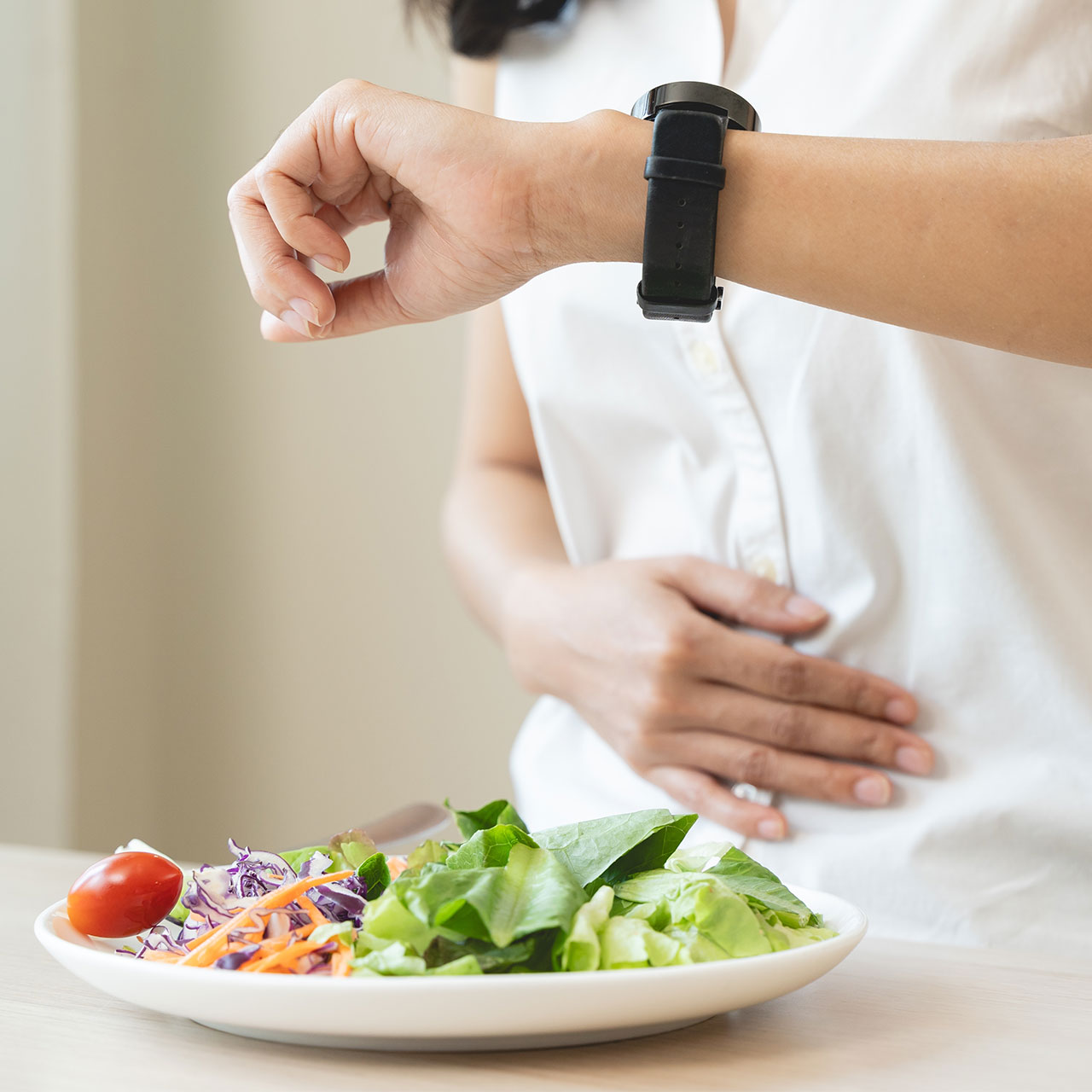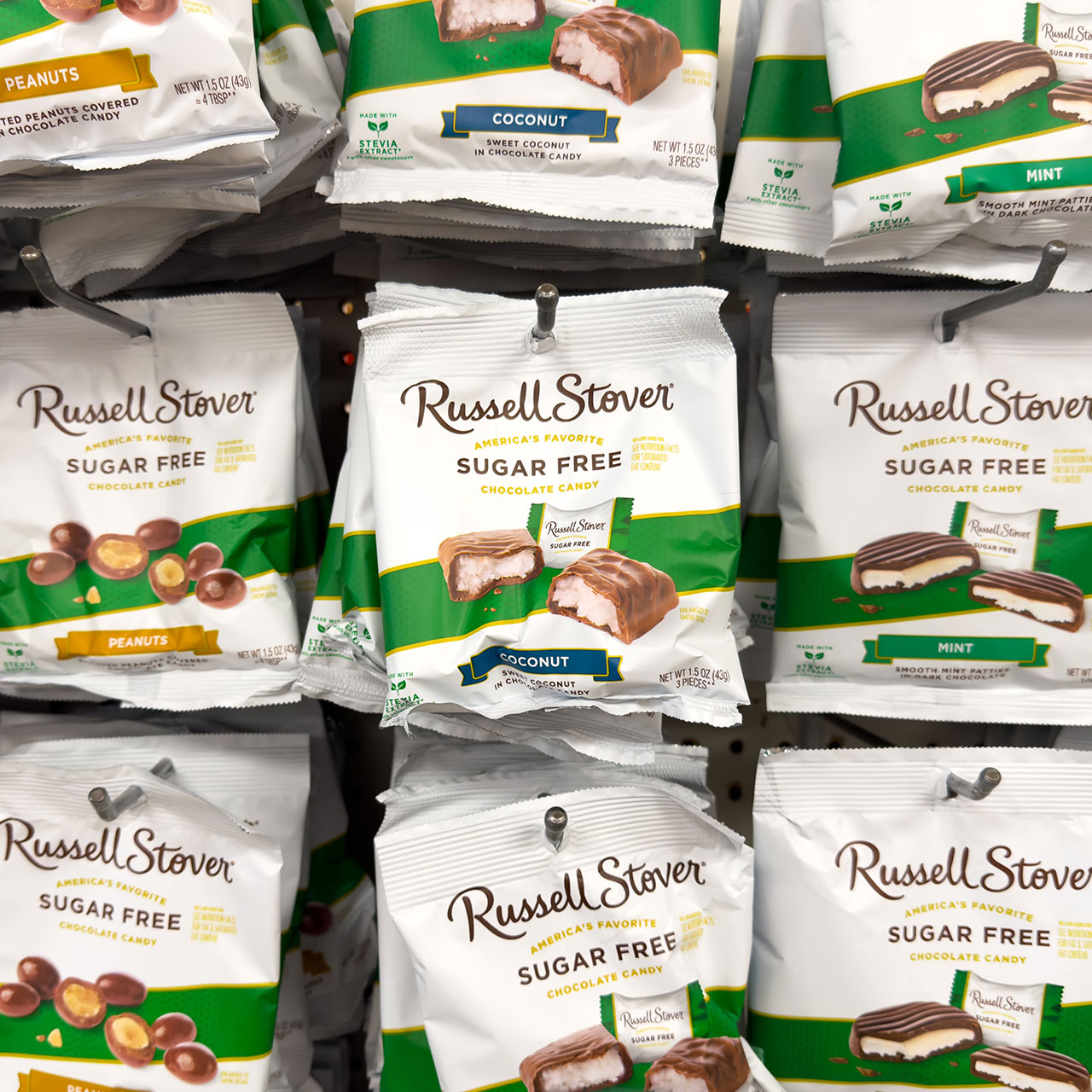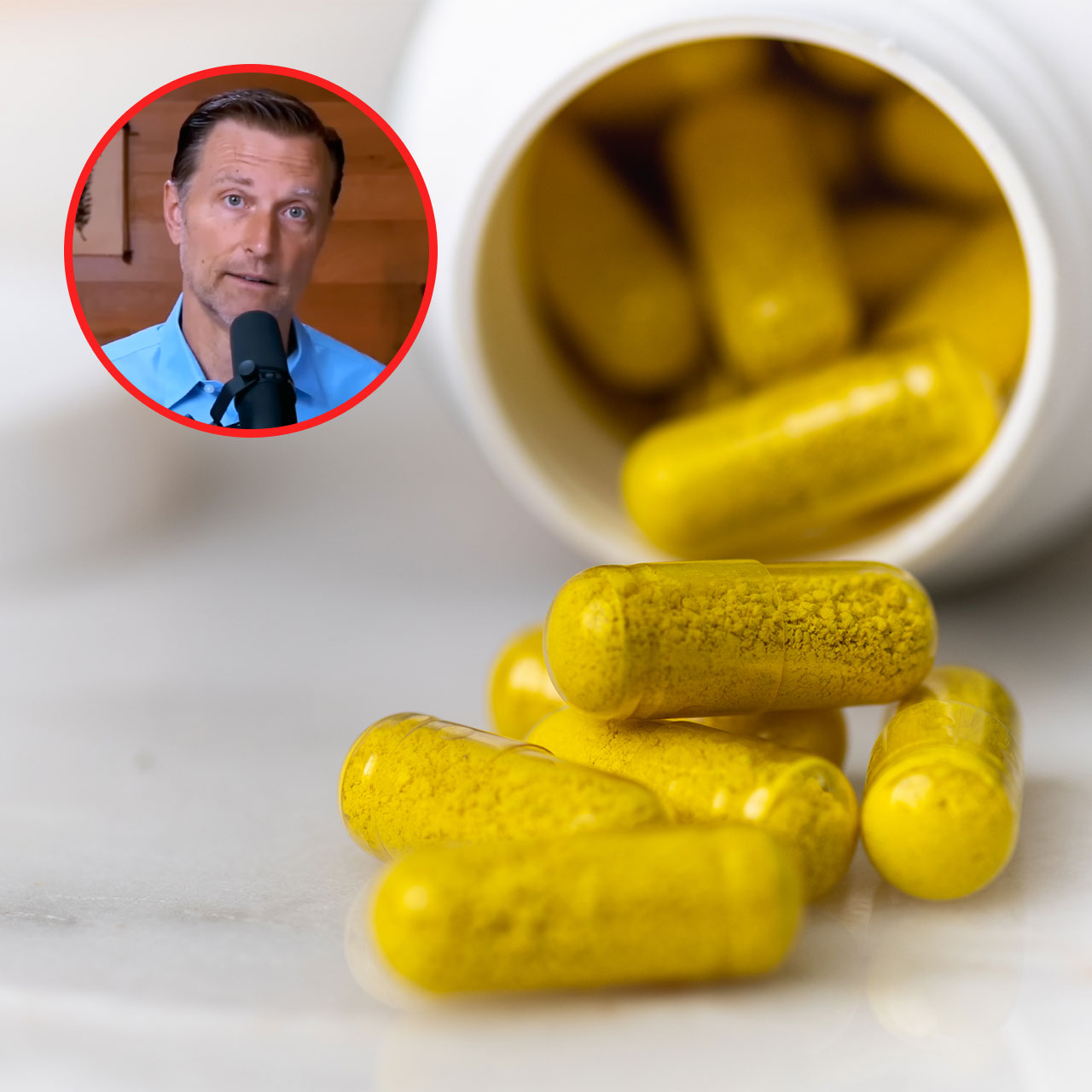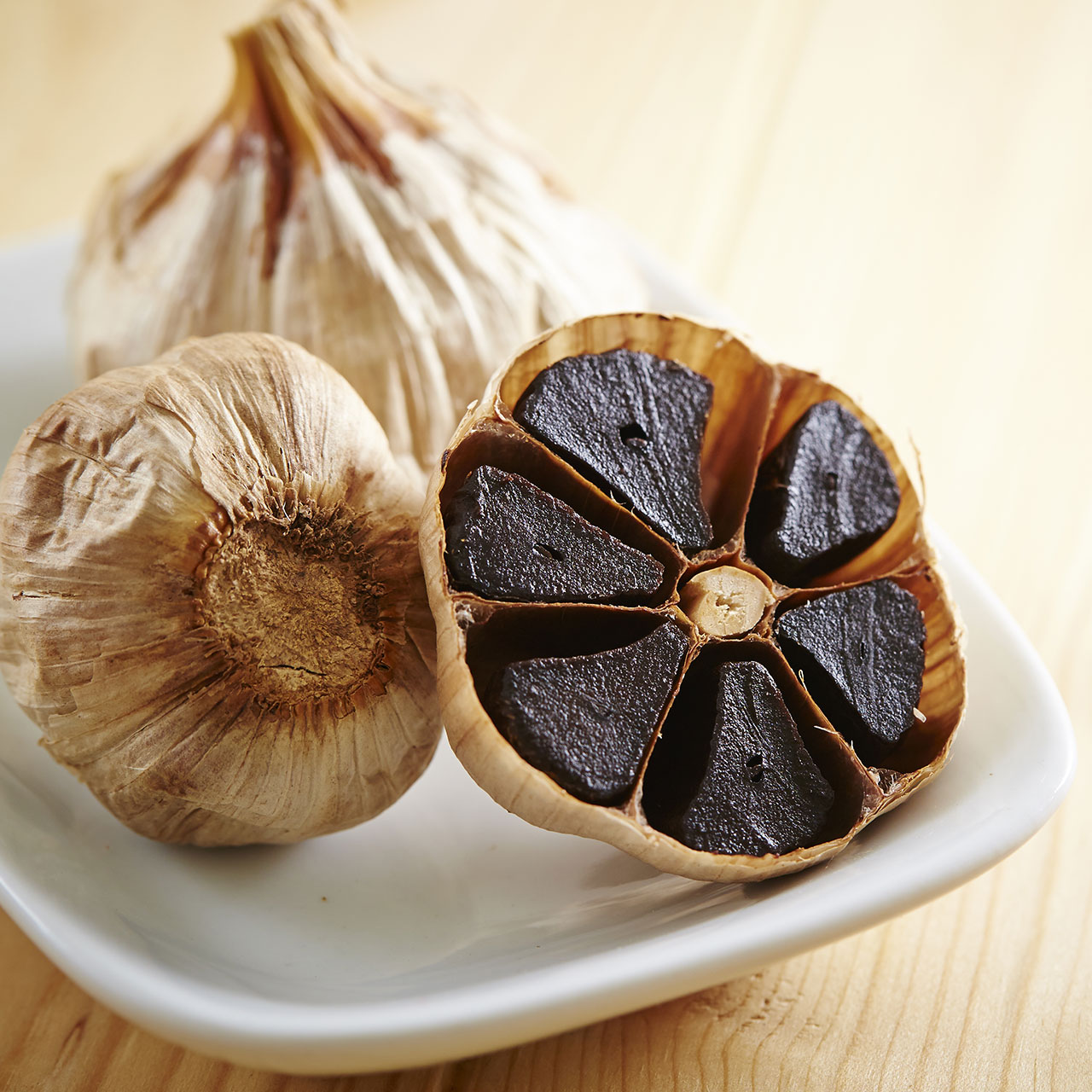Supporting a healthy metabolism is possible through a well-balanced diet, ample hydration, regular exercise and getting enough sleep, experts say. While you might already be taking steps to do what’s best for your body, it’s important to take note of any errors that can lead to poor gut health and painful indigestion. We checked in with registered dietitians and other health experts to learn more about 3 common habits that could be slowing or impacting your metabolism. Read on for tips and suggestions from Trista Best, MPH, RD, LD, registered dietitian at Balance One Supplements and George Yang, RDN, registered dietitian, nutritionist and founder and Chief Designer at Yanre Fitness.


1. You're Not Eating Enough Calories
When it comes to dieting and weight loss, Best says that most of us look at calories first, and how we can take in as few as possible. Unfortunately, she adds, this may work in the short term, but long term, it does damage to your metabolism. "Each person has a unique metabolism, the rate at which they burn calories, and for most individuals this is around 2000 calories per day," she explains. This, she notes, means for your body to perform its regular functions at optimal levels, it requires a certain amount of calories.
"Put simply, when you go over this number it leads to weight gain and when you consume less than this number it leads to weight loss," Best says, "This weight loss is short lived, however, because the body will adjust to only receiving a smaller amount of calories." Therefore, she says it will slow down the amount of calories it needs in order to conserve energy and avoid starvation. "This essentially means you are slowing down your metabolism," Best continues. "When restricting ends, you will see rapid weight gain as you begin eating what was a normal amount of calories before because the body is now storing the excess as fat more efficiently."

2. You're Eating Lots of Processed Foods
It's no secret that processed foods are bad for your gut, and much harder to break down and digest, Yang says. Processed drinks such as "carbonated drinks" including "energy drinks, soft drinks, diet soda, diet Coke, etc," other beverages like "coffee, alcohol, especially beer and wine" and foods like "potato chips," Yang says, can often be the cause of stomach bloating. For this reason, he notes, "they are at best avoided."
When the gut isn't working as efficiently as it should it can "slow the body's ability to digest and absorb nutrients," Best says. This, as caused by a poor diet, can result in a "slowermetabolismand stalled weight loss." When the gut is working at an efficient rate (due to a healthier, balanced, plant-based and nutrient-rich diet) the body can "burn calories at a higher pace and increase your weight loss efforts," Best notes.

3 You're Not Getting Enough Sleep
As the body requires rest to prepare for its next energy-filled day, having an erratic sleep schedule will not help quicken or maintain a healthy metabolism. In order to get more shut-eye, Best recommends not only sticking to a consistent nightly schedule, but also eating foods that can encourage you to fall asleep faster if this is something you struggle with. "As the understanding of diet and health continues to progress, we are seeing more ways the nutrients we eat, or don't eat, impact almost every area of health," she says. "Sleep is not exempt from diet's effects. Both the quality and the quantity of sleep can either be hindered or promoted through what we eat."
She notes that eating foods that contain natural melatonin right before you are ready to attempt sleep can "help you fall asleep faster, sleep more soundly" and promote a healthy metabolism and soothe your digestion. "Almonds, walnuts, and bananas are prime examples of these easy to snack on foods rich in melatonin," she suggests. Best concludes that foods that prevent quality sleep are often rich in refined carbohydrates. "Simple carbs reduce serotonin in the brain, the chemical responsible for inducing sleep," she explains, "These foods are typically processed convenience foods like pastries, crackers, chips, and pasta, and should be avoided close to bedtime."


























